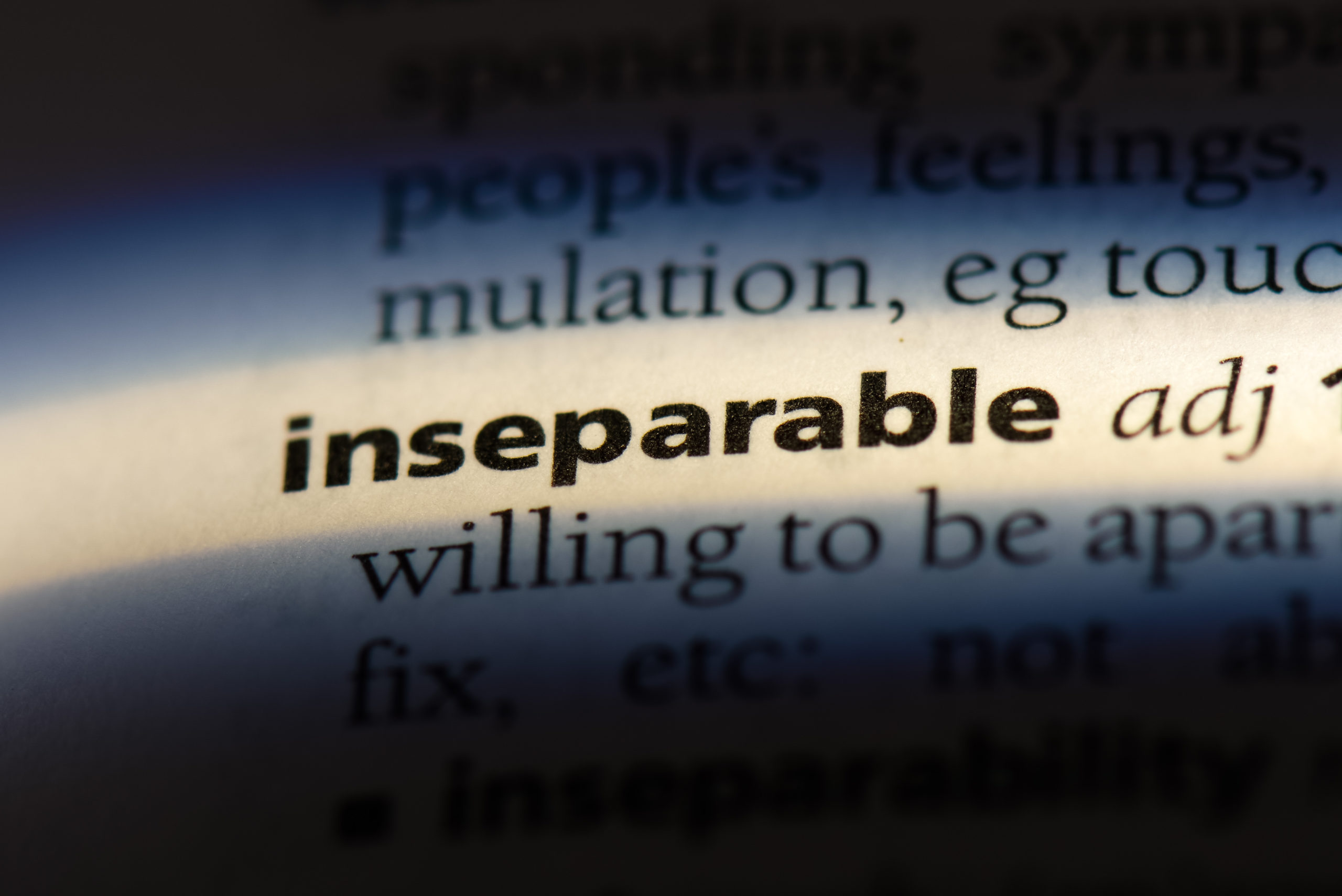
A confession of judgment has often been viewed as an important tool in settling a litigation or finalizing a transaction. In 2019, the New York State Legislature made some significant amendments to the Confession of Judgment law (CPLR § 3218), particularly eliminating the ability of creditors to file confessions of judgment against non-New York residents. As a result, the amended CPLR § 3218 provides that the confession must state the county in which “the defendant resided when it was executed,” and that the confession may only be filed in that county or, if the defendant moved to a different county within New York after signing the confession, “where the defendant resided at the time of filing.” In a recent decision, Kings County Commercial Division Justice Leon Ruchelsman addressed the damaging consequences of altering a confession of judgment to meet the “residency” requirements of CPLR § 3218.
Background
In Porges v Kleinman, plaintiff commenced an action stemming from a real estate investment opportunity in New Jersey. Specifically, plaintiff alleged that defendant pressured plaintiff to obtain a high cost loan to finance the purchase of the property while not allowing plaintiff to conduct any due diligence. Following the closing, plaintiff alleged that defendant pressured him into signing a promissory note and confession of judgment for $675,000.00. Approximately a year after the closing, defendant commenced a separate action, which was later consolidated with the present action, to enforce the confession of judgment due to plaintiff’s alleged failure to make any payments towards the promissory note.
During the course of the litigation, plaintiff brought a motion to vacate the confession of judgment, arguing that the confession of judgment (i) did not specify the county in which plaintiff resided; and (ii) was altered by striking out “County of New York” and writing in “County of Kings” in the caption. In opposition, defendant argued that the alteration of the caption was made at the express instruction of the Kings County Clerk’s office to allow for the confession of judgment to be filed in the appropriate venue.Continue Reading Altering a Confession of Judgment? Think Again!







 “Relevant statements made in judicial or quasi-judicial proceedings are afforded absolute protection so that those discharging a public function may speak freely to zealously represent their clients without fear of reprisal or financial hazard.”
“Relevant statements made in judicial or quasi-judicial proceedings are afforded absolute protection so that those discharging a public function may speak freely to zealously represent their clients without fear of reprisal or financial hazard.”


 The statutes of limitations set forth in the CPLR are default rules, and parties generally are free to modify default rules by agreement. But statutes of limitations also further the important public interests, such as avoiding stale claims and giving repose to our affairs. In light of the public interests involved, there are substantial limits on how much parties can agree to lengthen, shorten, or waive the limitations periods applicable to claims arising under New York law.
The statutes of limitations set forth in the CPLR are default rules, and parties generally are free to modify default rules by agreement. But statutes of limitations also further the important public interests, such as avoiding stale claims and giving repose to our affairs. In light of the public interests involved, there are substantial limits on how much parties can agree to lengthen, shorten, or waive the limitations periods applicable to claims arising under New York law.